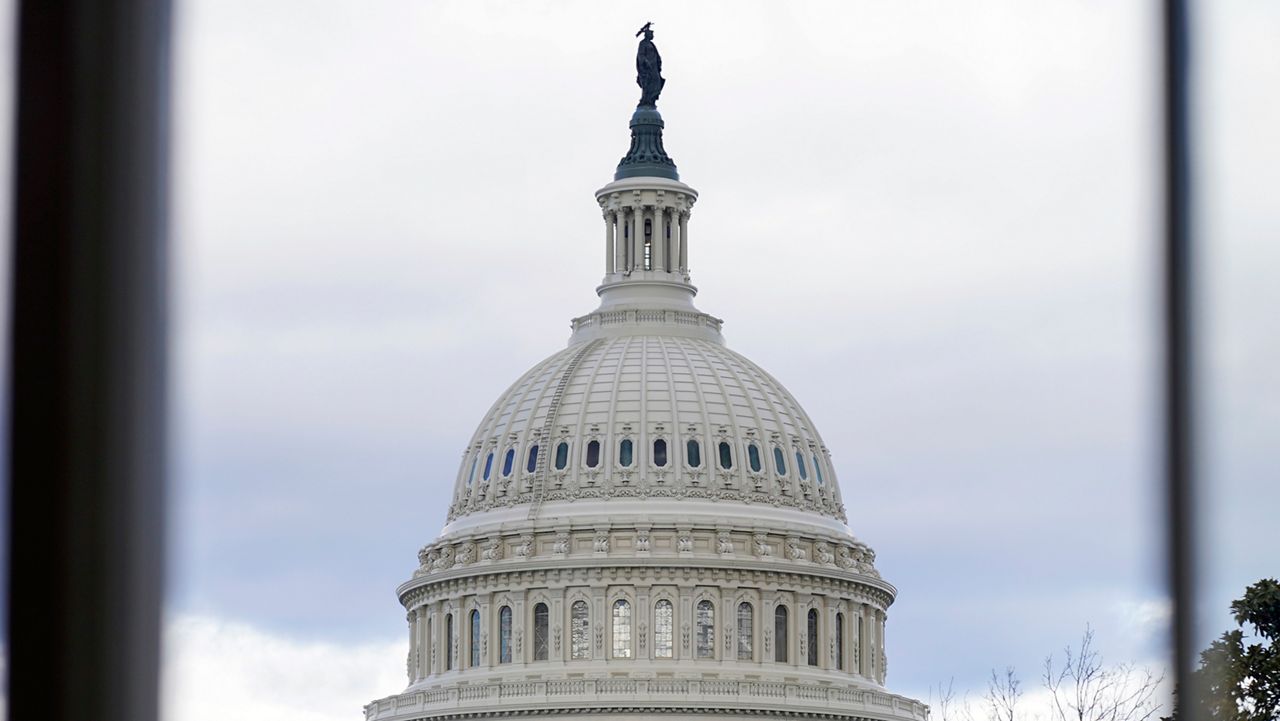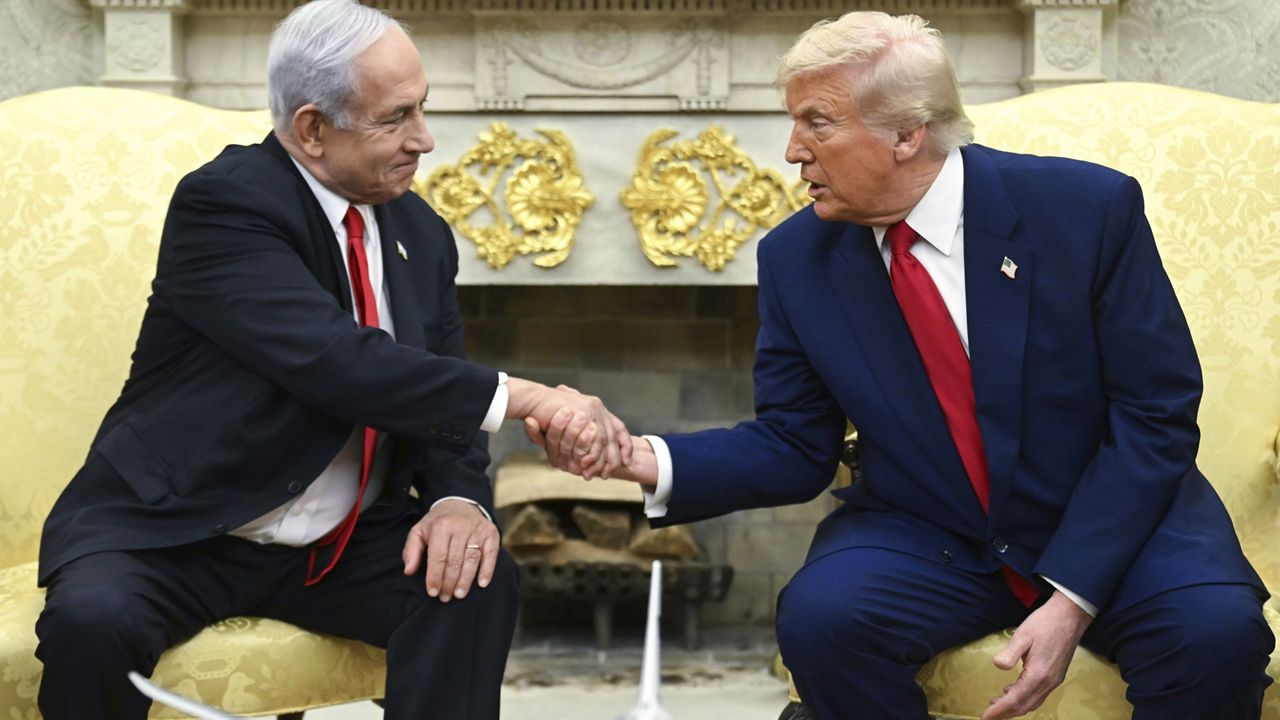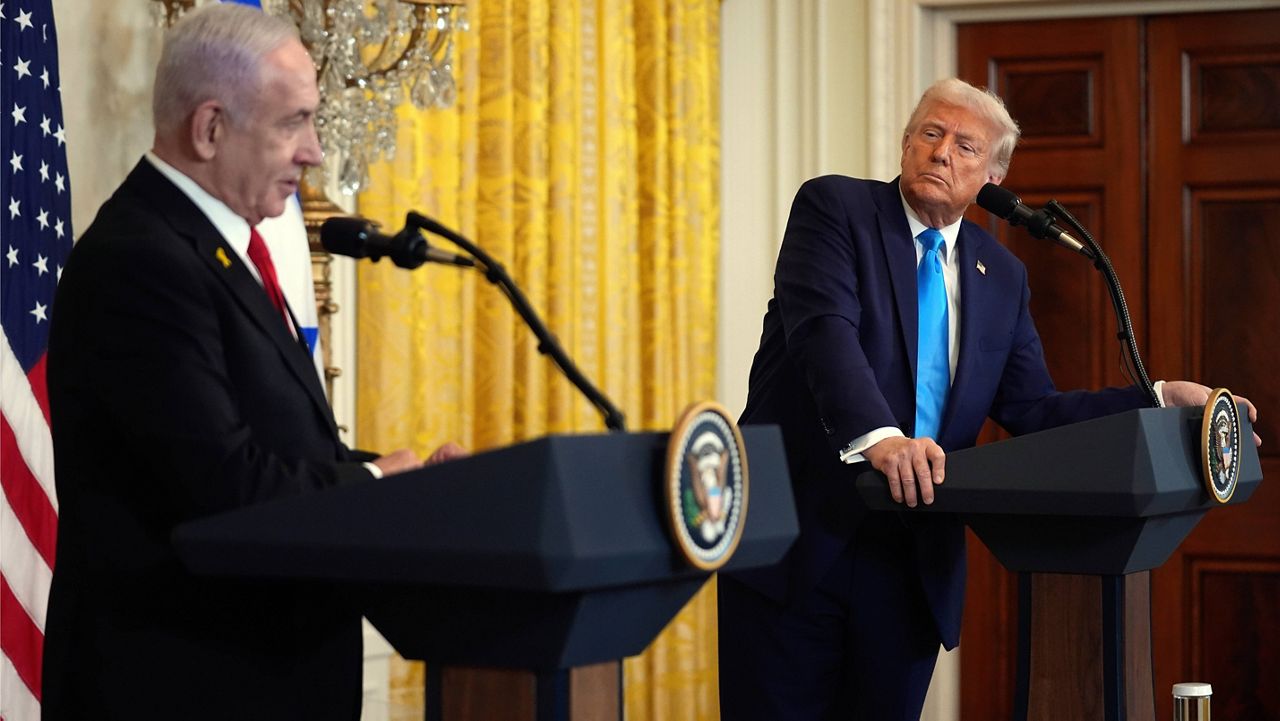The House of Representatives on Tuesday passed a bill to impose sanctions on the International Criminal Court after its top prosecutor sought arrest warrants for Israeli officials, including Prime Minister Benjamin Netanyahu, over the war in Gaza.
Forty-two Democrats joined Republicans to pass the bill, known as the Illegitimate Court Counteraction Act, which is unlikely to be taken up by the Senate and is opposed by the White House.
The legislation, led by Rep. Chip Roy, R-Texas, would impose sanctions on the ICC or any foreign actor supporting the arrest of a “protected person” of the U.S. and its allies, such as Israel.
ICC prosecutor Karim Khan last month announced he was seeking arrest warrants for leaders for Netanyahu, Israeli Defense Minister Yoav Gallant, and Hamas leaders Yehia Sinwar, Mohammed Deif and Ismail Haniyeh, for war crimes and crimes against humanity related to the ongoing war in Gaza and the Oct. 7, 2023, attacks that started the conflict.
President Joe Biden and members of his administration forcefully condemned the ICC prosecutor's action at the time, with Secretary of State Antony Blinken saying he would be “happy” to work with Congress on an “appropriate response” to the move. But the White House condemned the legislation earlier this week as overreach, arguing there are “more effective ways to defend Israel.”
“There are more effective ways to defend Israel, preserve U.S. positions on the ICC, and promote international justice and accountability, and the Administration stands ready to work with the Congress on those options,” the statement from the Office of Management and Budget read.
Both the Republican and Democratic leaders of the House Foreign Affairs Committee acknowledged the bill in question is unlikely to become law and left the door open to further negotiation with the White House. They said it would be better for Congress to be united against the Hague-based court.
“We’re always strongest, particularly on this committee, when we speak with one voice as one nation, in this case to the ICC and to the judges,” GOP Rep. Mike McCaul, chair of the Foreign Affairs Committee, said during House debate. "A partisan messaging bill was not my intention here but that is where we are.”
State Department spokesperson Matt Miller reiterated the administration's opposition to the sanctions bill.
“We have made clear that while we oppose the decision taken by the prosecutor of the ICC, we don’t think it is appropriate, especially while there are ongoing investigations inside Israel looking at somebody’s very same questions, and we were willing to work with Congress on what a response might look like but we don’t support sanctions," Miller said.
The House bill would apply sweeping economic sanctions and visa restrictions to individuals and judges associated with the ICC, including their family members. Democrats labeled the approach as “overly broad,” warning it could ensnare Americans and U.S. companies that do important work with the court.
“This bill would have a chilling effect on the ICC as an institution which could hamper the court’s efforts to prosecute the dubious atrocities that have been perpetrated in many places around the world, from Ukraine to Uganda," said Rep. Gregory Meeks, the top Democrat on the Foreign Affairs Committee.
The Associated Press contributed to this report.







